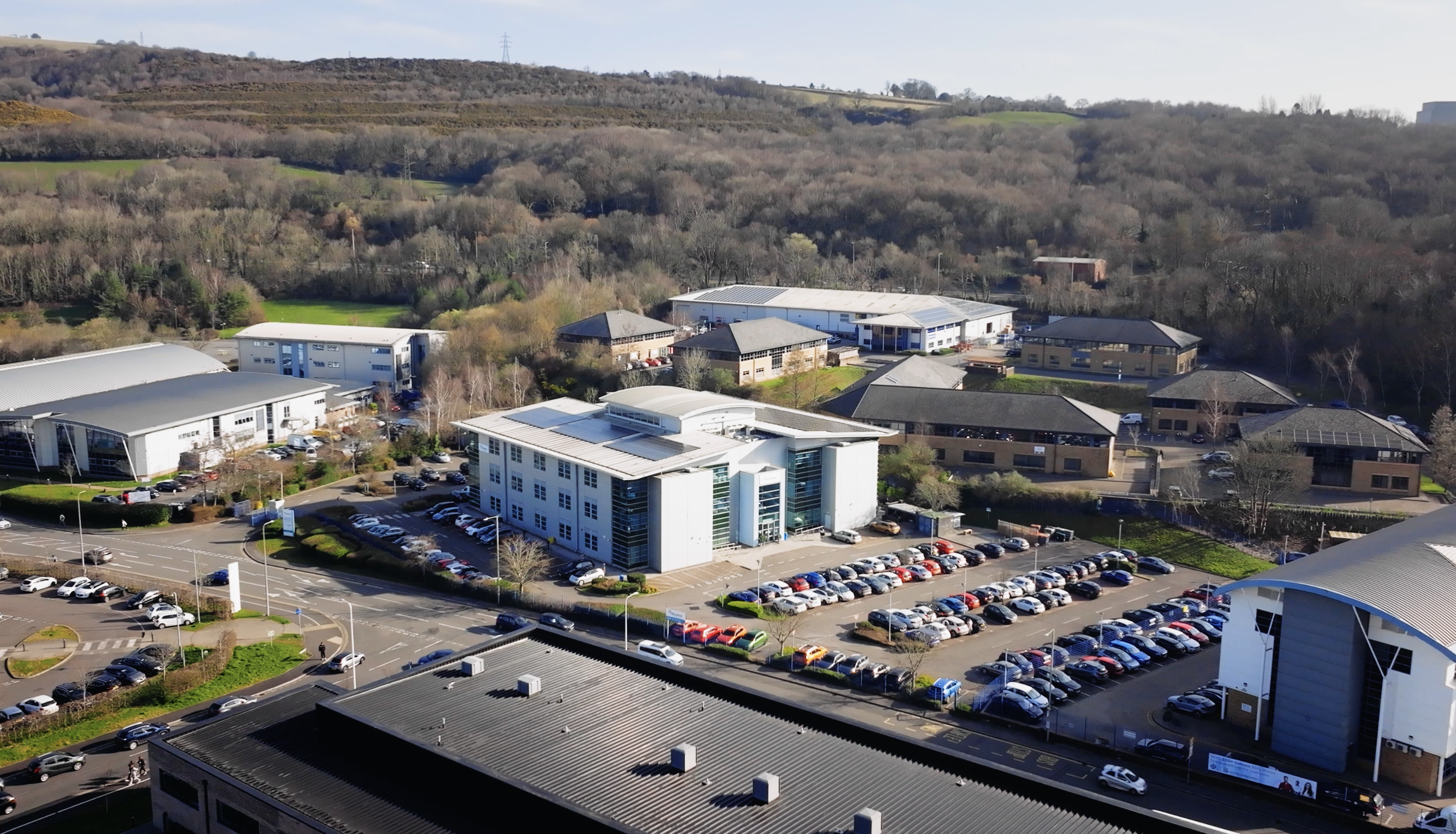We are recruiting - check out our Careers page!
Legionella Risk
Management Services
Ensuring Water Safety & Compliance with Expert-Led Solutions

Legionella Risk Management
Comprehensive Legionella Management for Safer Water Systems
Waterborne pathogens like Legionella pneumophila pose significant health risks if not properly managed. Ligtas provides a fully integrated Legionella risk management service, supporting organisations in achieving regulatory compliance while ensuring the safety of building occupants.
With nationwide coverage, expert consultancy, and access to industry-leading compliance software, we simplify Legionella control, helping you stay ahead of risks and legal requirements.
Why Us
Why Choose Ligtas?

Fully Managed Service
From risk assessment to ongoing monitoring, we provide end-to-end support.
Compliance & Risk Reduction
We align with ACoP L8, HSG274, and all relevant legislation, safeguarding your organisation.
Nationwide Coverage
Our consultants and assessors operate across the UK, ensuring seamless service delivery.
Expert-Led Approach
Our specialists, led by Head of Water – Meet the Team, provide tailored insights and support.
Smart Compliance
We leverage digital reporting tools to streamline record-keeping and audit trails.
Online Proposal Approval
With Better Proposals, clients can quickly review and accept quotations online—streamlining onboarding and making compliance easier than ever.
Regulatory Compliance
Risk Mitigation
Compliance with Health & Safety at Work Act 1974, COSHH, and HSE’s Approved Code of Practice (ACoP L8) is essential to mitigate the risks associated with Legionella. Ligtas ensures that your water systems meet regulatory requirements while preventing outbreaks of Legionnaires’ disease.
Our services support duty holders, landlords, facilities managers, and responsible persons in meeting their legal obligations and implementing best practices for water hygiene and Legionella control.

Services
Our Legionella Services
Legionella Risk Assessments
A legal requirement under ACoP L8, our risk assessments evaluate water systems for Legionella hazards, providing a structured compliance roadmap. We assess:
- Domestic hot and cold-water systems
- Cooling towers
- Water features
- Output: A detailed risk report with compliance actions and remedial recommendations.
Legionella Written Schemes & Water Safety Plans
We develop tailored written control schemes and water safety plans to ensure ongoing Legionella management.
- Output: Clear, structured documents outlining monitoring regimes and control measures.
Health Checks & Compliance Audits
Our independent Legionella audits verify compliance and identify gaps in control measures.
- Output: Independent assessment report with risk ratings and action plans.
Legionella Sampling & Water Monitoring
Water sampling is essential for high-risk environments and routine compliance monitoring. Ligtas collects samples and delivers them to a UKAS-accredited laboratory, ensuring reliable results.
- Output: Laboratory test reports with expert interpretation and remedial recommendations.
Pseudomonas Risk Assessments
For healthcare and high-risk environments, we assess Pseudomonas aeruginosa risks in water systems.
- Output: Risk assessment report with tailored recommendations.
Legionella Training & Competency Development
We deliver accredited Legionella training, ensuring compliance with HSE’s competency requirements. Courses include:
- Legionella Awareness Training
- Responsible Persons Training for duty holders
- Bespoke training solutions tailored to organisational needs
- Output: Certified training, ensuring legal compliance and workforce competency.
Get in Touch
For full details on each service, contact us
Compliance
Accreditations &
Industry Standards
Ligtas operates to the highest industry standards, holding:

Legionella Control Association (LCA) Certification
ISO9001 –
Quality Management
ISO14001 –
Environmental Management
ISO27001 –
Information Security
ISO45001 –
Occupational Health & Safety
Our commitment to quality ensures trusted, reliable, and compliant Legionella services.
Case Studies
Case Studies & Success Stories
See how Ligtas has helped organisations improve health and safety compliance, reduce risks, and protect their workforce.
Contact
Take Control of Legionella Compliance Today
Ensure your water systems meet legal and safety requirements with expert support from Ligtas.



